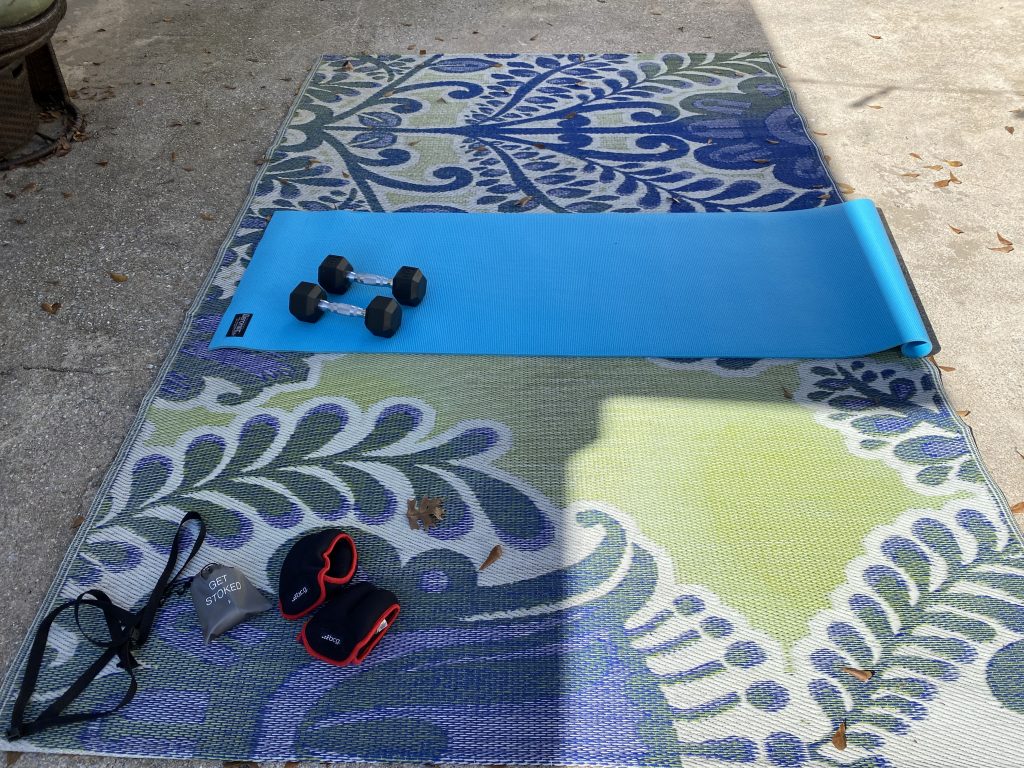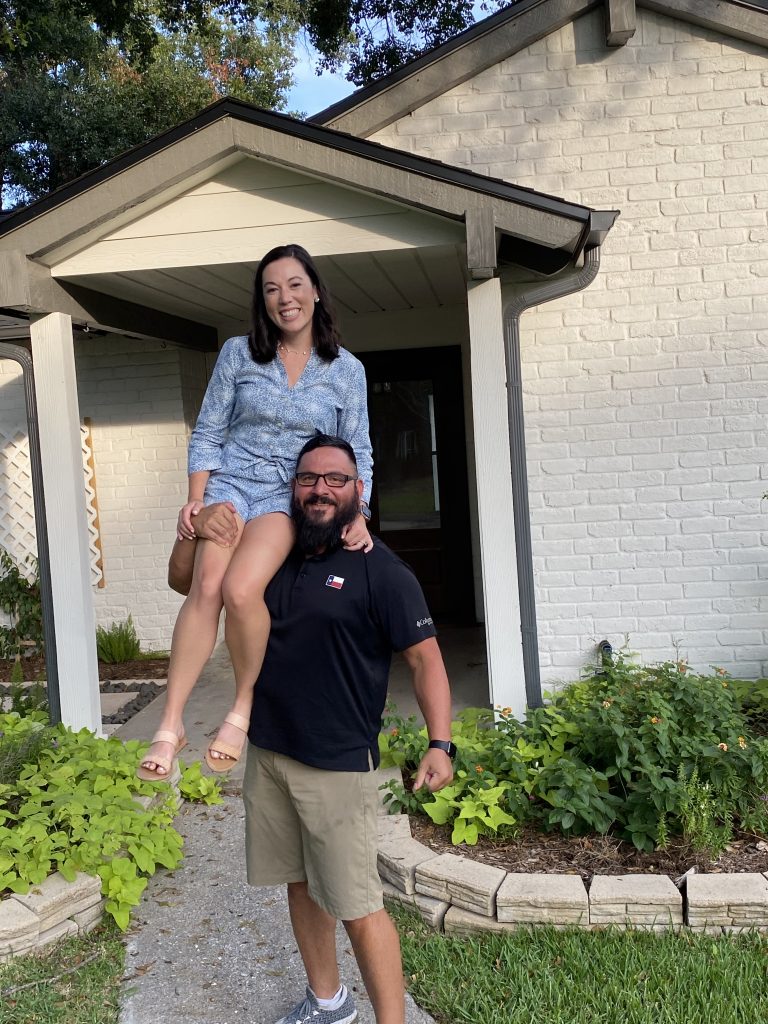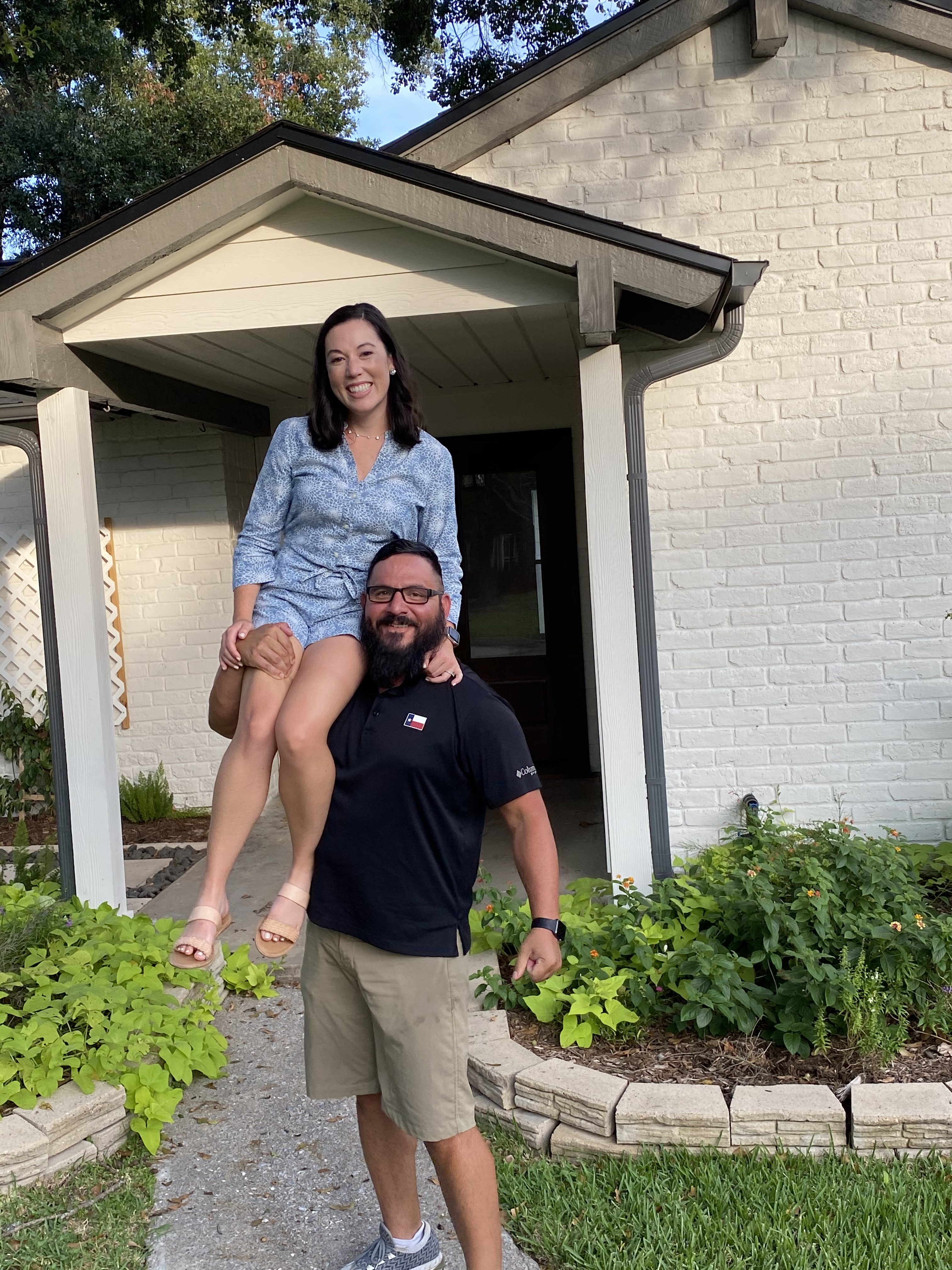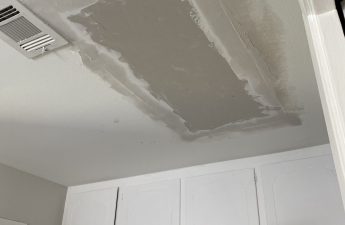Happy Wednesday. I’m answering the top five questions that I had as a first-time home buyer. But first, some housekeeping. If you haven’t read (or watched) The Bachelor, you can read my recap here. This is my second week back to work after a glorious week-long hiatus during Christmas week. And I’m hitting the ground running. This week, I’m prepping for a presentation I’m giving next Monday.

I am also loving this 60-degree weather and have been getting outside to do my workouts in the backyard.
These last two weeks, I had the distinct pleasure of telling Craig Sager’s story for an upcoming project. Typically, when I dig into a project like this, I do a ton of research as background: to do my subject justice. Now, Craig Sager lived his life out loud: literally. His colorful suits became a hallmark of his career. I went down the rabbit hole this week and last, reliving his story – delving into what made Craig Sager so unique, discovering the things that made him tick. And, I watched his inevitable decline following his journey with cancer. I couldn’t help but be touched and inspired by the way he lived his life. Even in death, he continues to leave his mark on the world. Why am I telling you this?
Because, I want to share a video of Craig accepting the Jimmy V Award for Perseverance at the ESPYs where he gave some fantastic life advice. I hope it touches you as much as it did me over these last two weeks.
5 Top Questions First-Time Home Buyers Ask

- How much house can I afford?
- How much money should I put down?
- What do I need to qualify for a home loan?
- What is private mortgage insurance – or PMI?
- What are my upfront costs?
How much house can I afford?
The very first thing you need to do before starting the house-hunting process is to find a good lender. Your lender will get you through the pre-approvals process to help you determine how much house you can afford. There is also a rule of thumb that I’ve seen discussed by several financial advisors that says you should not spend more than 25-28% of your gross monthly income on a mortgage payment. If you don’t have a monthly budget, now is the best time to get those numbers down on paper (or a spreadsheet). This brings me to question number 2.
How much money should I put down?
This was a big question I had when we first got married. I wished that I would have spoken to experts about this sooner. I had always grown up hearing that you needed to put a 20% down payment on a house. For example: 20% of a $350,000 home is $70,000. But, once I began asking our team (our lender and our real estate agent), they said that sometimes, it’s better to keep your cash in the bank in lieu of putting a smaller amount down on the house. This leaves you more money for repairs (or life) down the road. Bigger down payments can mean better mortgage rates, but, the rates have never been this low, so we weren’t really concerned with putting more money down to receive a better mortgage rate. Now, you will have to pay private mortgage insurance if you put less than the 20% down. There is no correct answer to this question, but it’s what works for you and your situation.
What do I need to qualify for a home loan?
This is a hugely important step in the process. You need to locate a lender who you are comfortable with. They will be working with you throughout the entire process of buying a home – and they will be asking you personal questions about your income, debt and anything else that could help (or prevent) you from buying a home. Interview several. Go with lenders that come with good personal reviews from friends or family members. Do you research. This step is important!
Things they will need from you to get that pre-approval include:
- Monthly income
- Any outstanding debt you have
- The amount you currently have in your checking account
Things your lender will look for in the pre-approval process:
- Proof of income
- Proof of assets
- Employment verification
- Good credit
- Personal documentation (ID/social security)
What is private mortgage insurance?
Private mortgage insurance, also known as PMI, is typically a fee that you will have to pay if you put down less than 20% on your home. Most lenders require this if you put down less than 20%, and it is really meant to protect them in case you default on your loan. PMI is typically a couple hundred dollars added onto your mortgage payment each month, but it doesn’t last forever. To remove PMI, you must reach 20% equity in your home. PMI is typically 0.5-1% of the cost of your loan each year.
What are my upfront costs?
This is also something I wish I would have known up front. It’s expensive to even be able to get to the step of purchasing a home. This isn’t to discourage anyone, but it’s more of framework so you can have the funds set aside. You will need earnest money, inspection money and appraisal money (and your down payment, but that goes without saying).
Earnest money is about 1-3% of the home sale price, and it’s a fee you essentially pay the seller to let them know you are entering into a mutual acceptance. So, going with the example of a $350,000. 1% would be $3500.
Now, you aren’t obligated to get an inspection, but it’s highly recommended. After you have had your offer accepted, the ownus is on you to set up an inspection. A full house inspection can run about $500.
Finally, if your offer is accepted, and you are moving forward, it is required that the buyer get an appraisal for the home before closing. An appraisal can run you anywhere from about $300-$500.
I hope you found this helpful – it’s really just information that I wish I knew when we were getting ready to buy a home. I’ll think of some more questions I had and put together another list like this in the near future.




